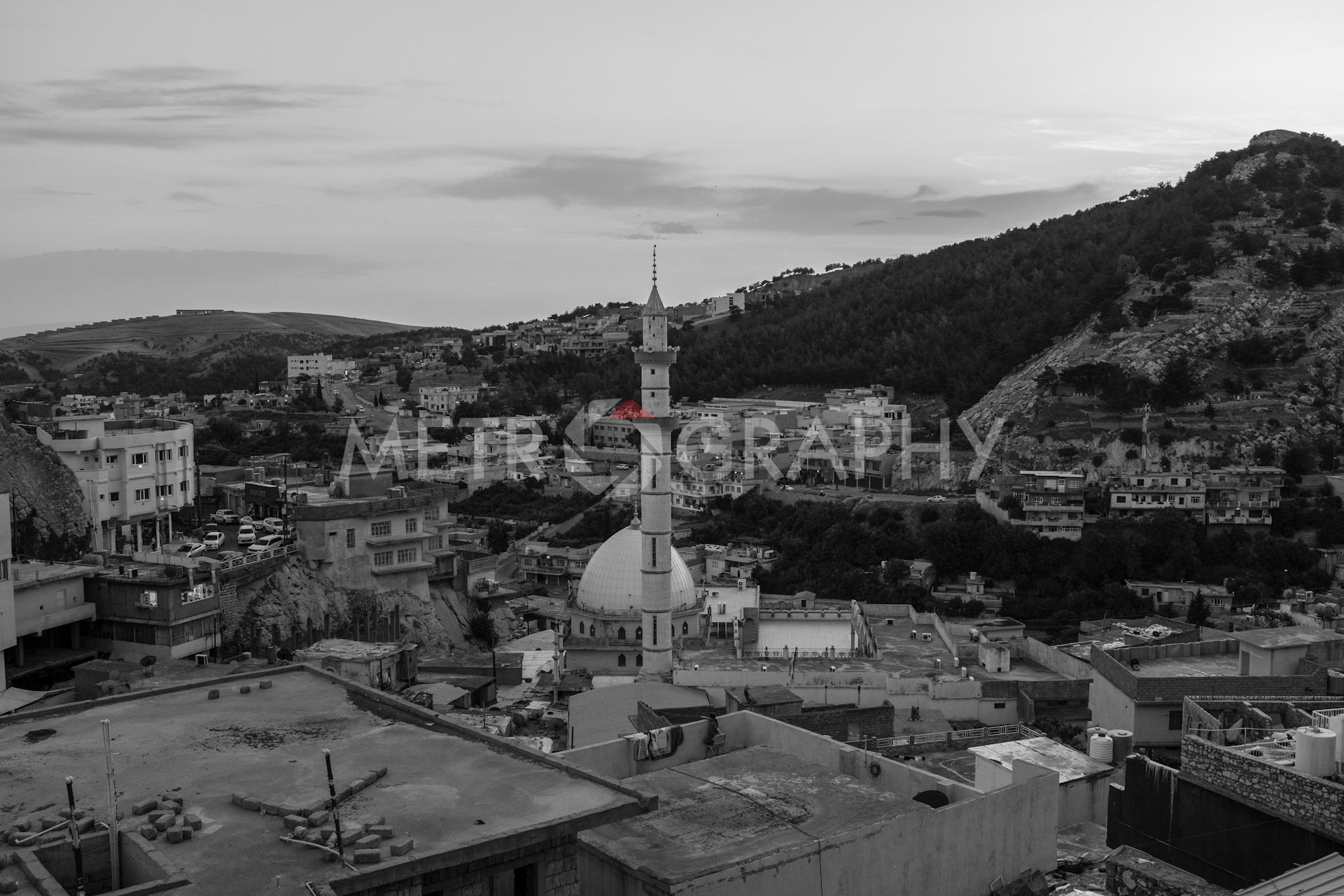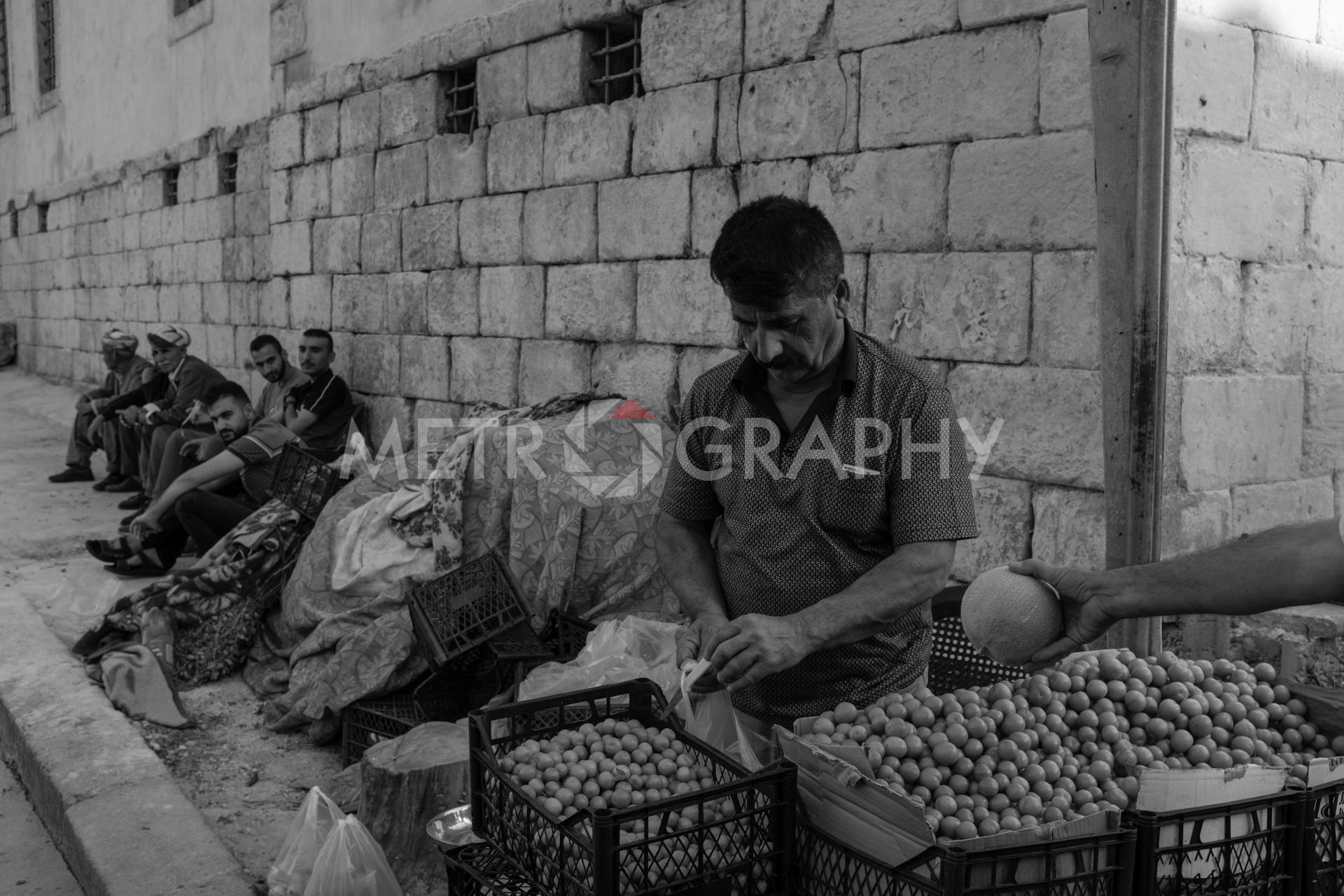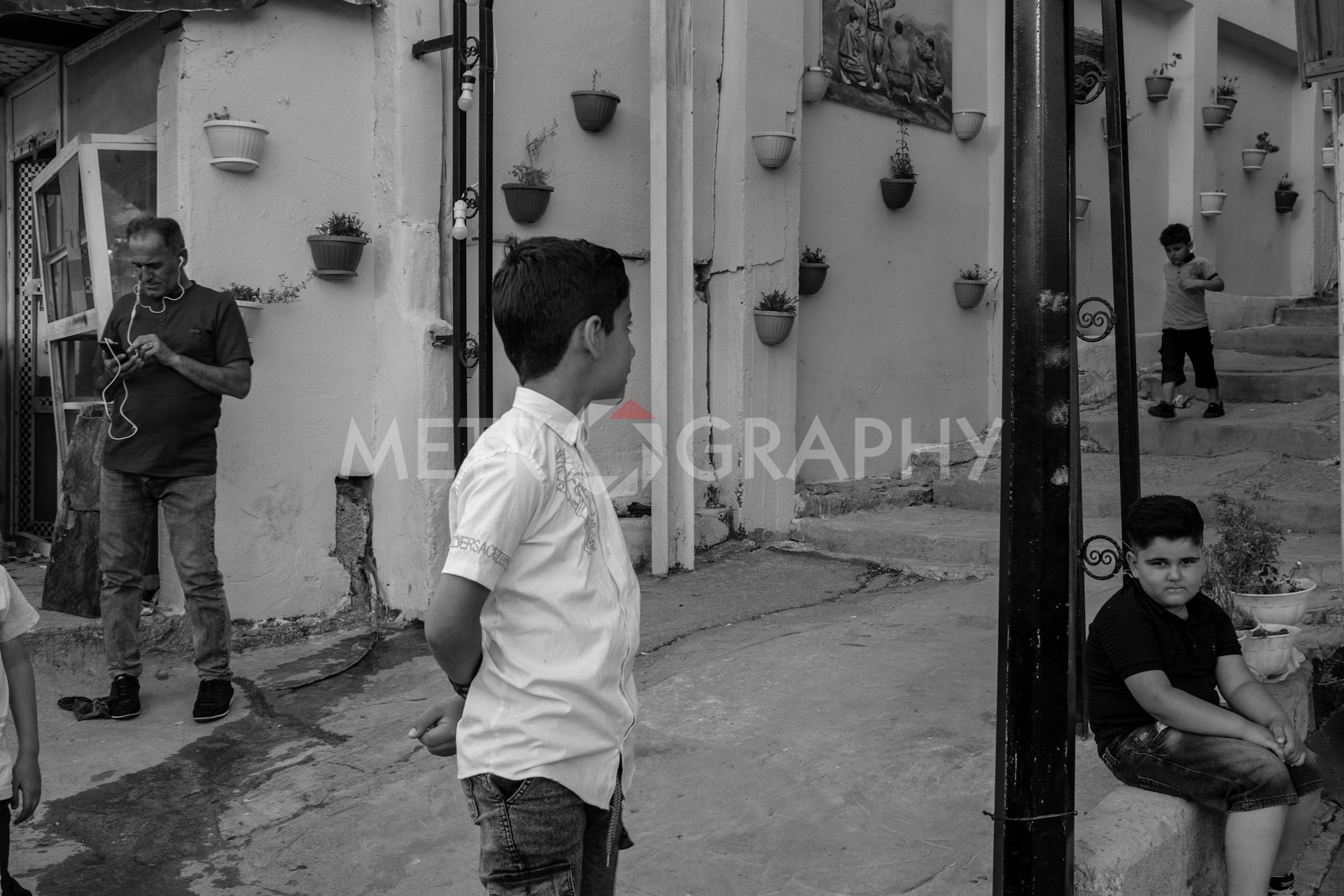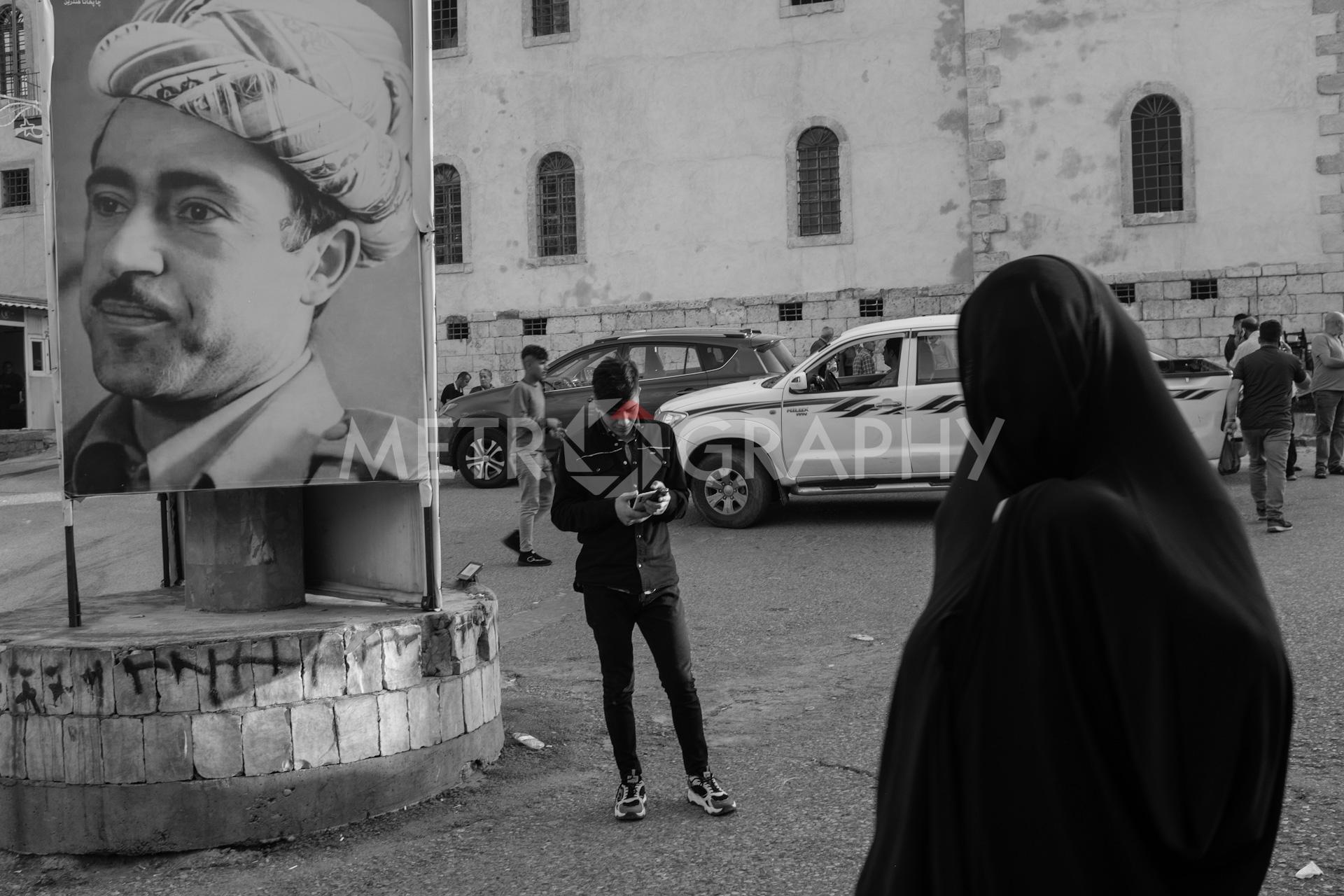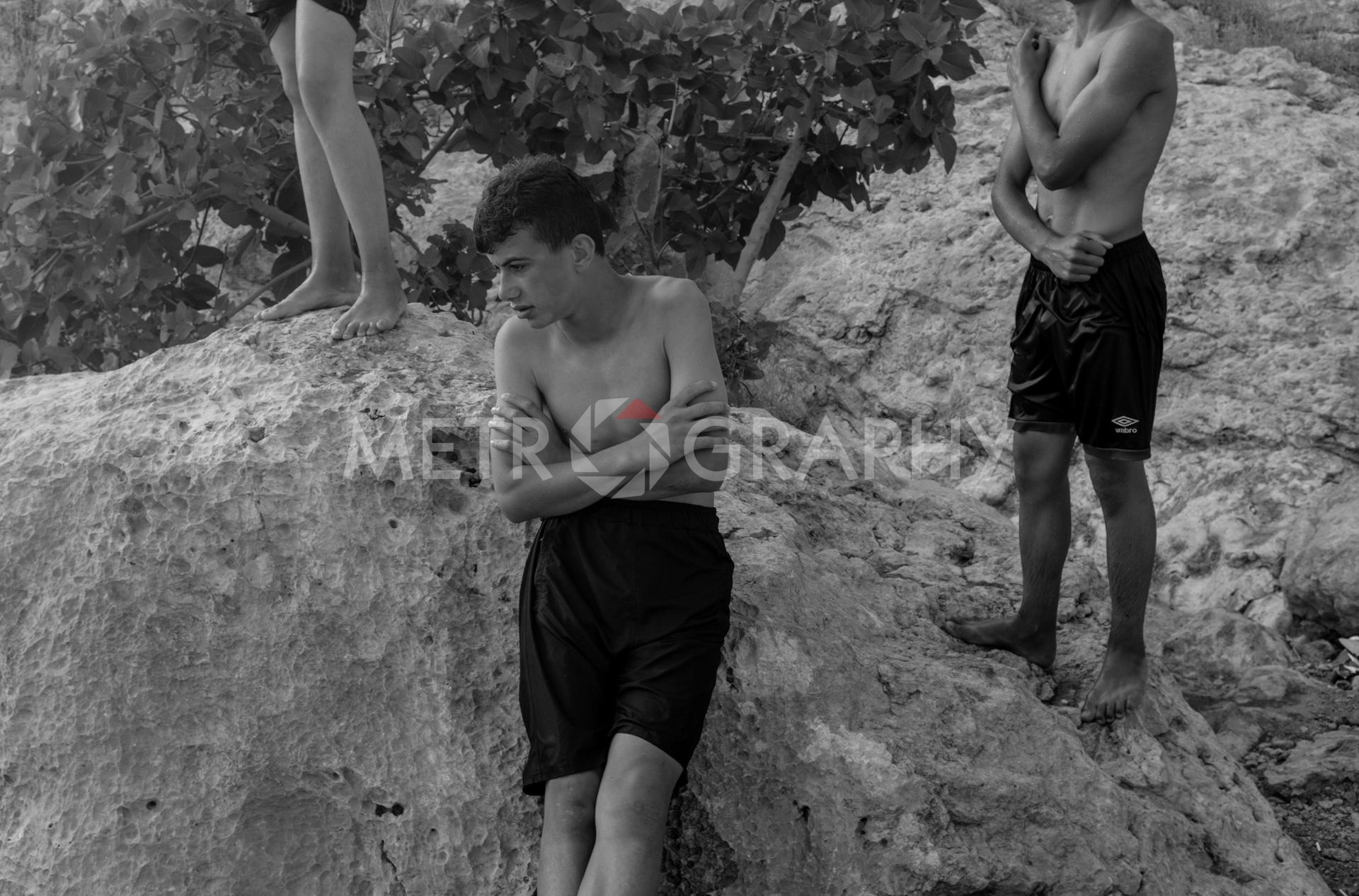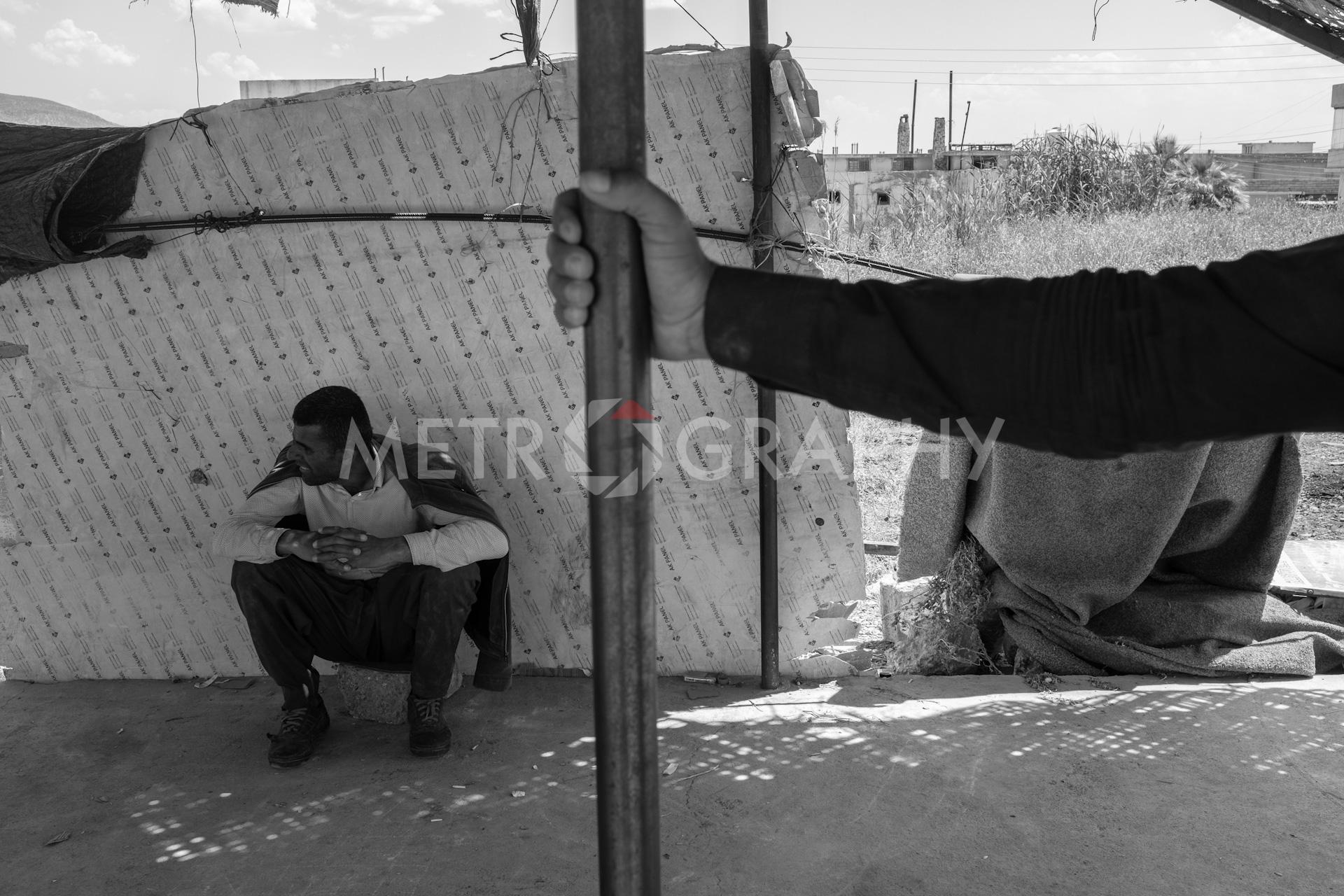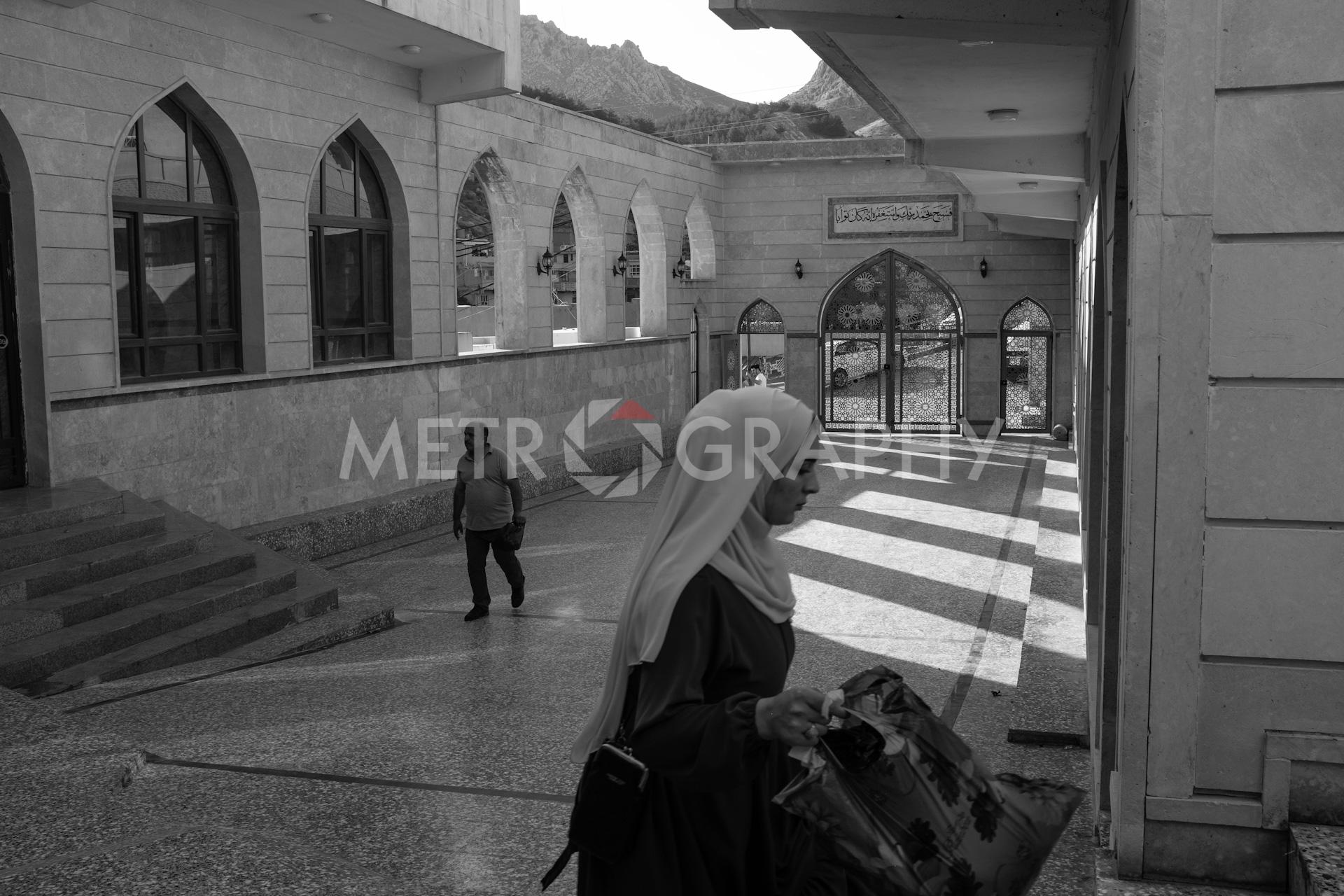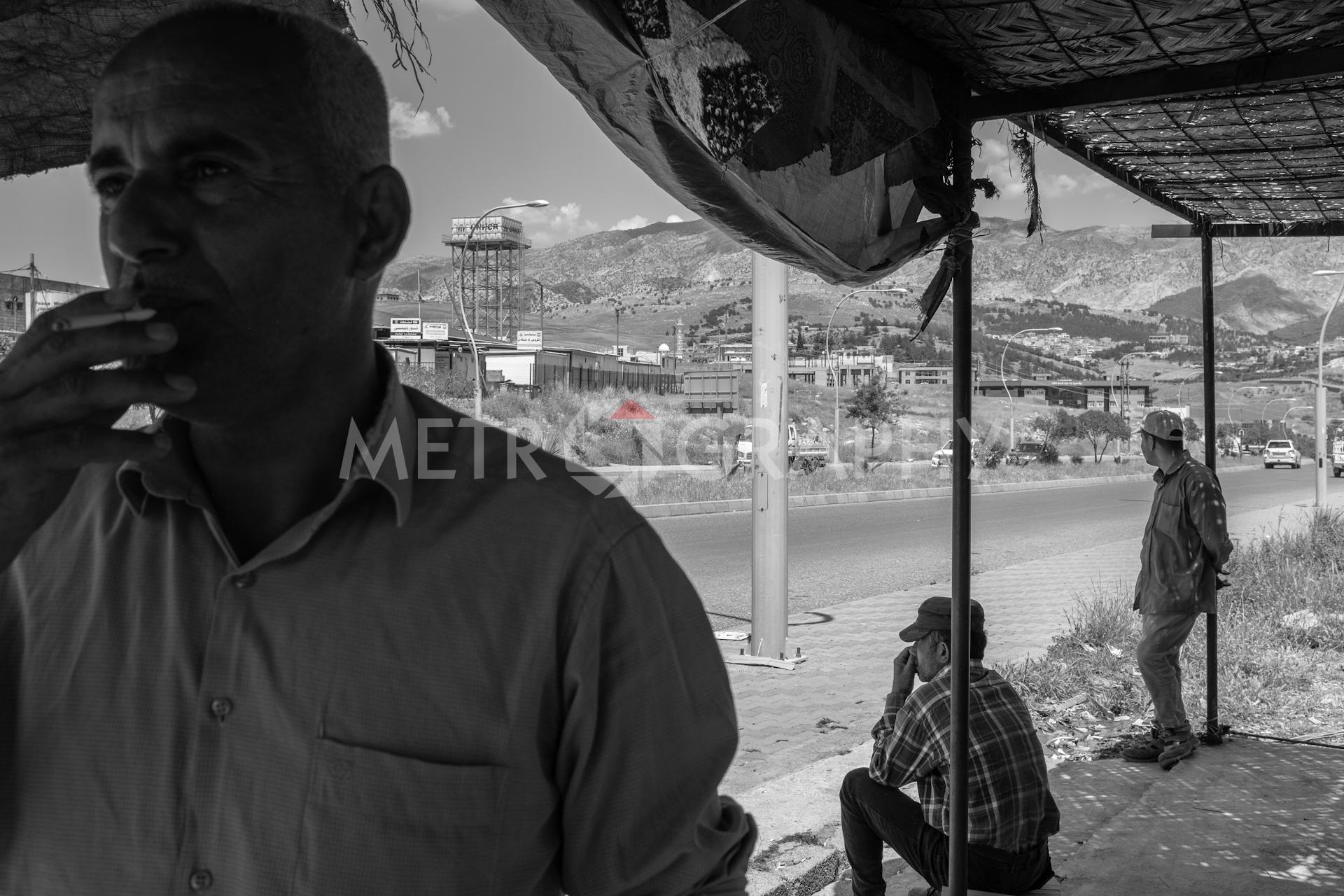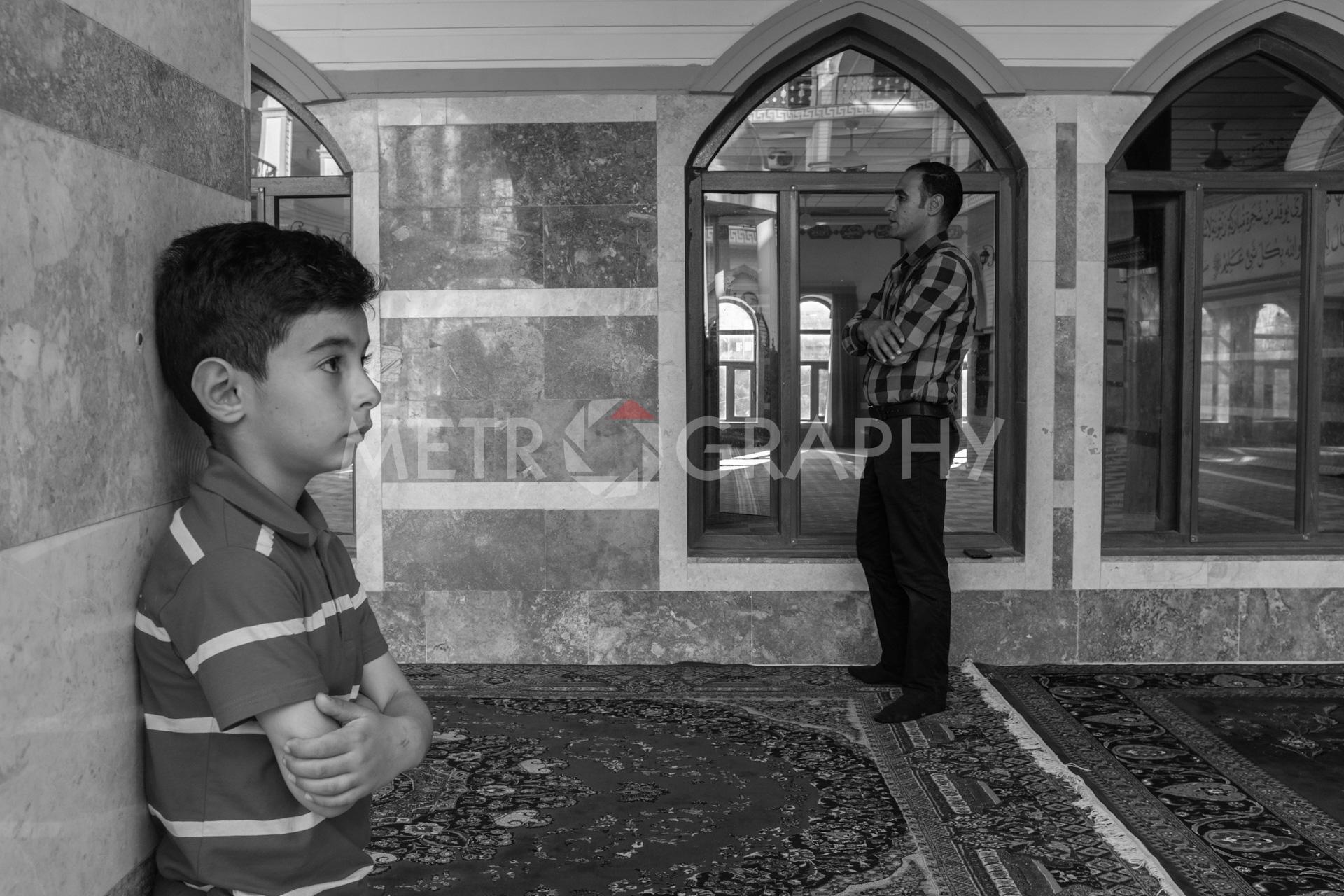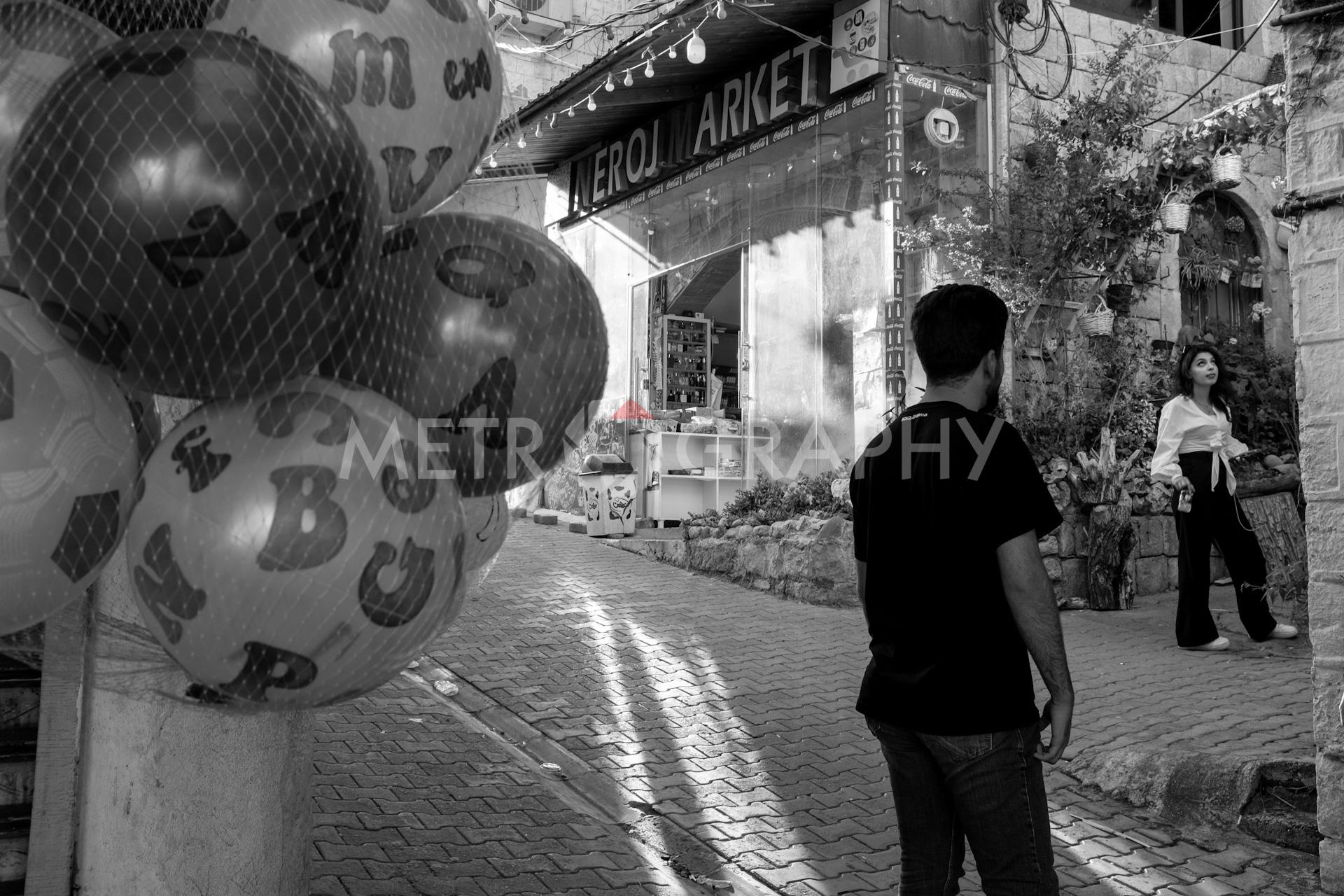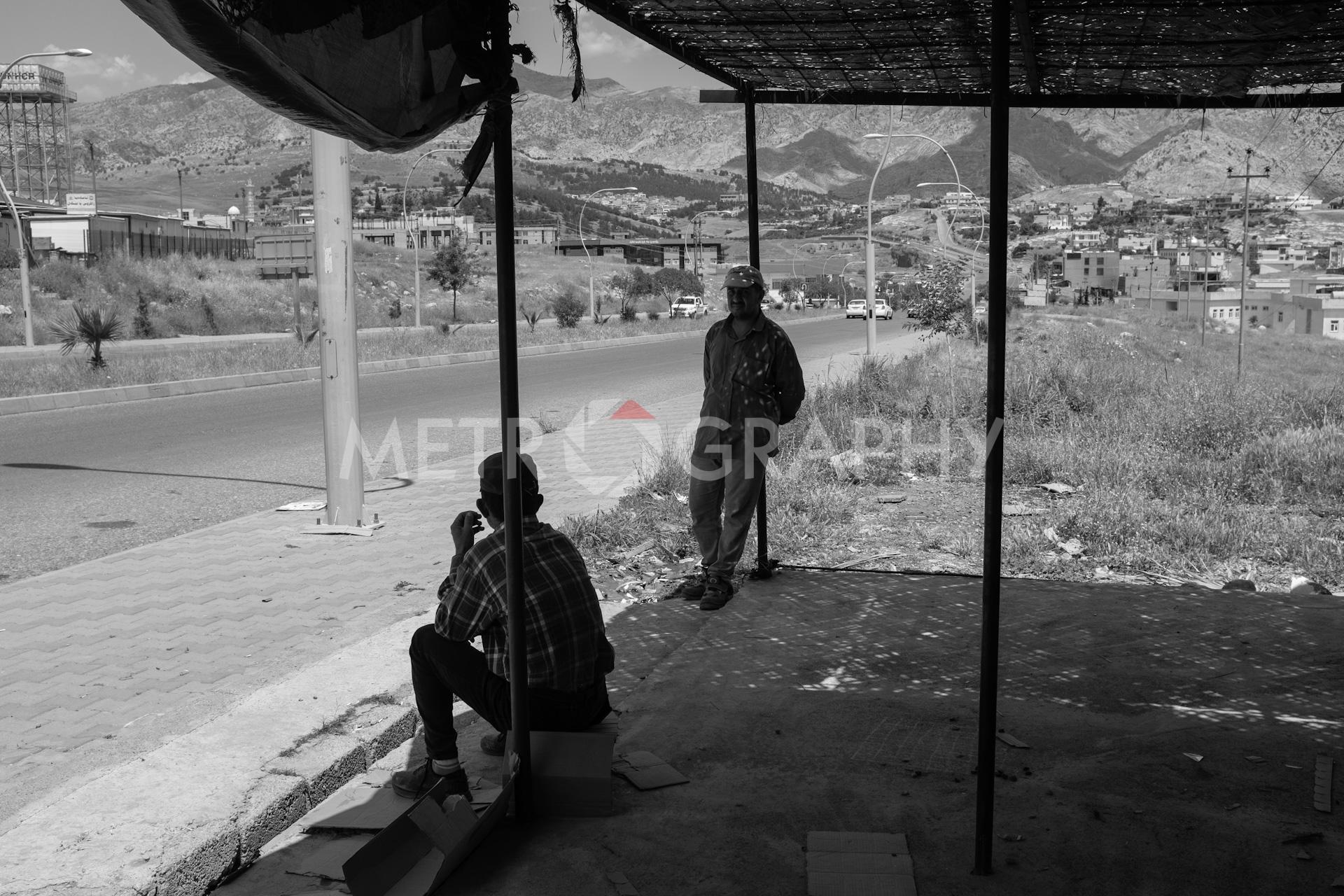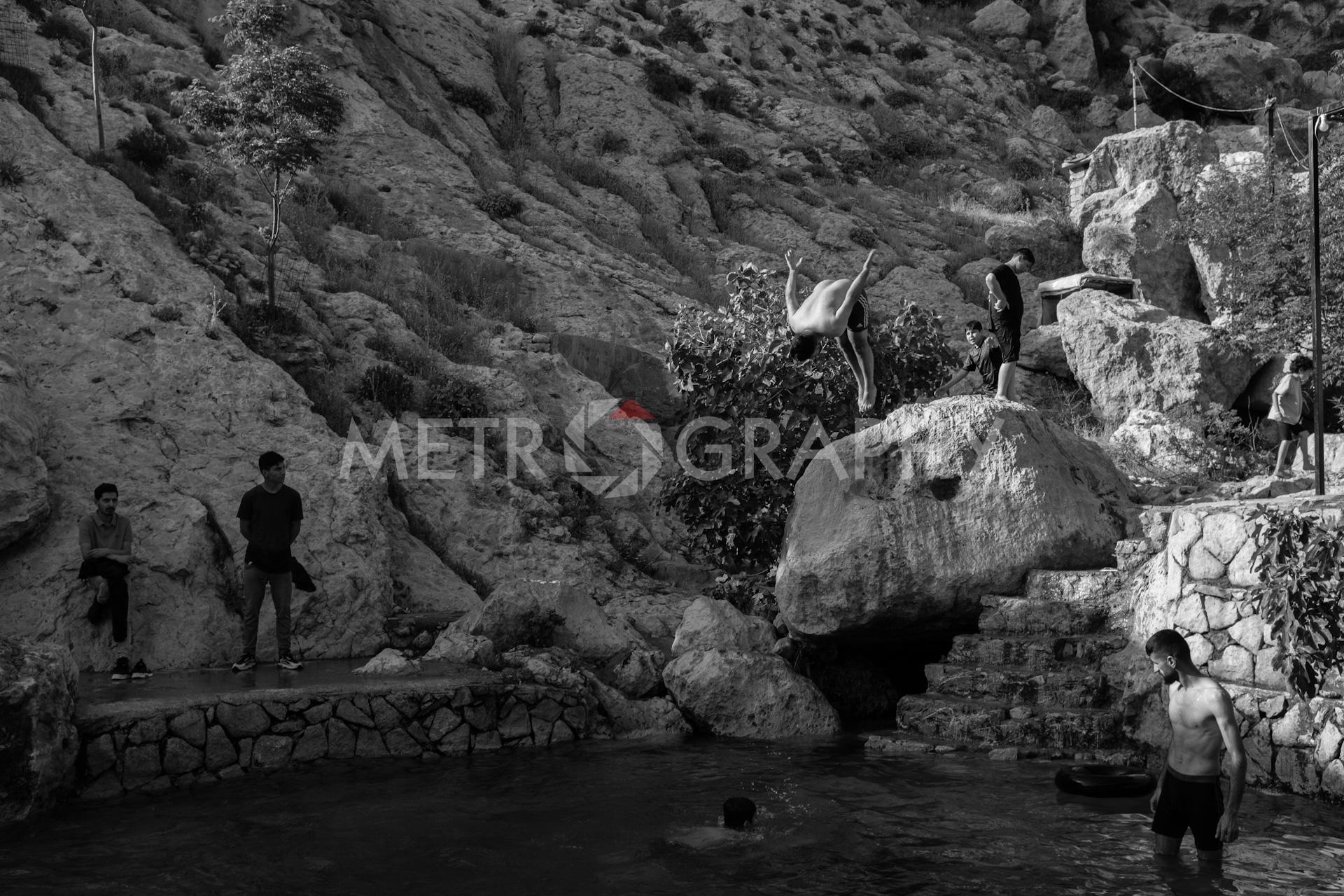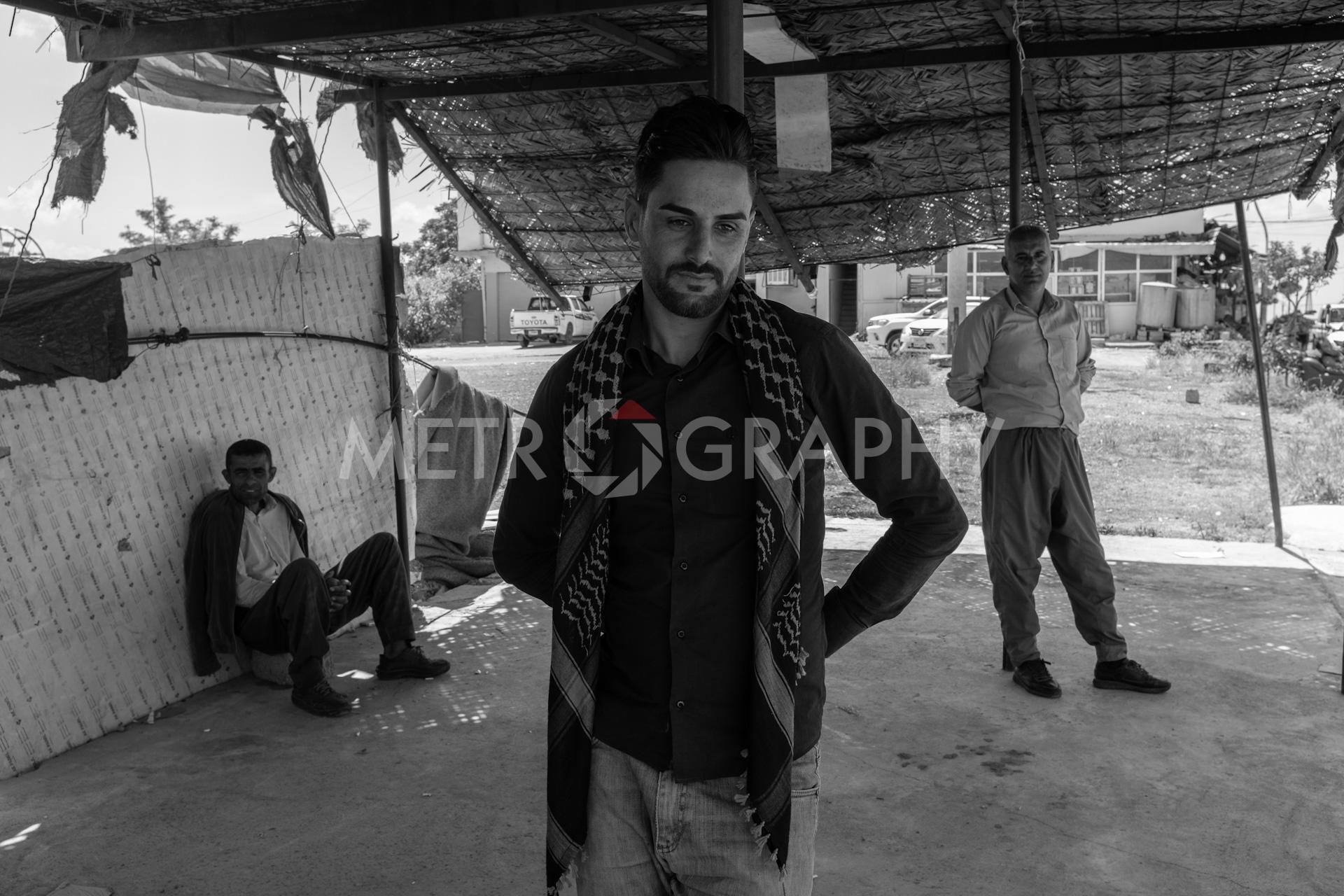Akre, situated in northern Iraq on the outskirts of the Nineveh Plains, is an integral part of a series of diverse settlements found along the foothills of the same mountain range. This city, along with its surrounding region, has been home to a mix of Christian and Muslim inhabitants for centuries, and it also hosted Jewish communities that can be traced back to the 12th century. A short 30-minute drive away from Akre lies the village of Shush, where the Synagogue of Ezekiel proudly stands. Adjacent to it is a spring that once housed a structure to safeguard the stone chest containing the Torah scrolls. The ancient synagogue played a central role in the 19th-century Jewish community life in Shush.
Founded around the 7th century, likely during Medes rule, Akre has witnessed various periods of control, including Roman occupation and subsequent settlements by numerous Kurdish tribes over the centuries. In the 18th century, the city found itself at the crossroads of multiple military campaigns, ultimately coming under Ottoman rule until the early 20th century. Presently, Akre falls under the jurisdiction of the Duhok province as part of the Kurdistan Regional Government (KRG).
Akre is a bustling city that boasts both an ancient historic quarter and expanding modern neighborhoods that have emerged to accommodate the recent influx of people. Its importance in the region stems from its extensive and diverse history, enriched by the coexistence of different cultures and religions throughout the ages.
Furthermore, an ex-prison, previously employed by Saddam Hussein’s regime to imprison Iranian war captives and political dissidents, has been transformed into a shelter. This facility now serves as a refuge for over 1,000 Syrian refugees residing in the town. Photos: Hawre Khalid/Metrography.


